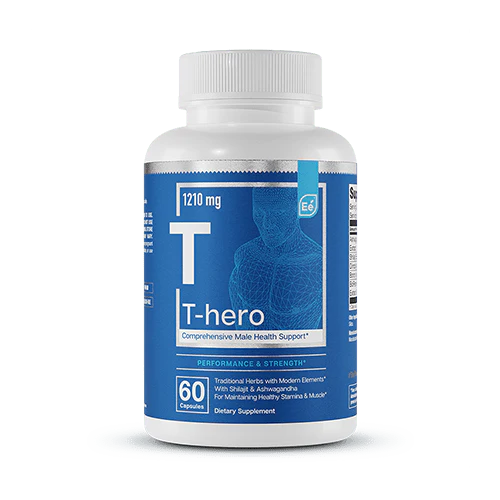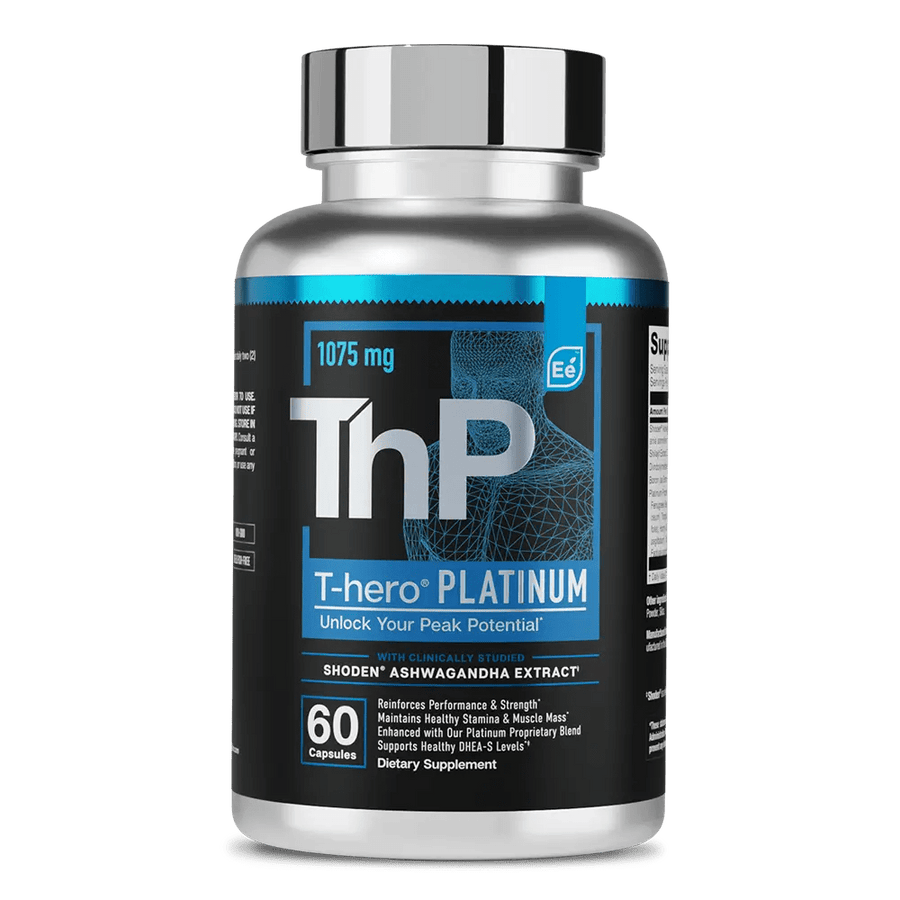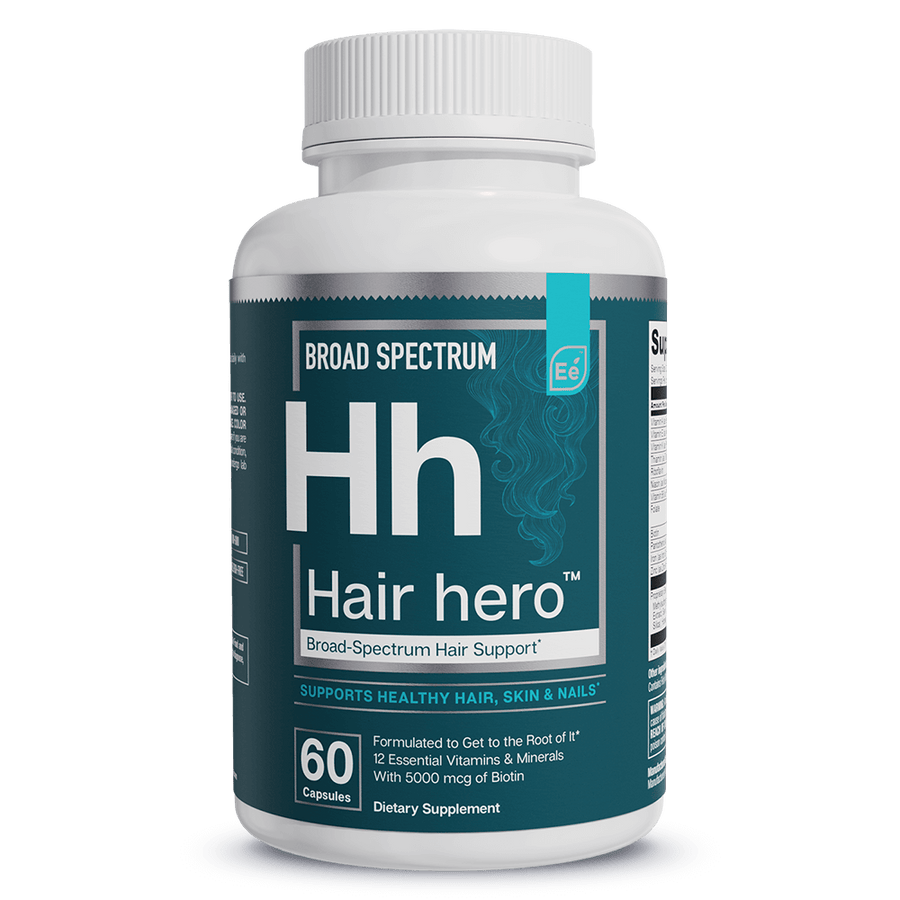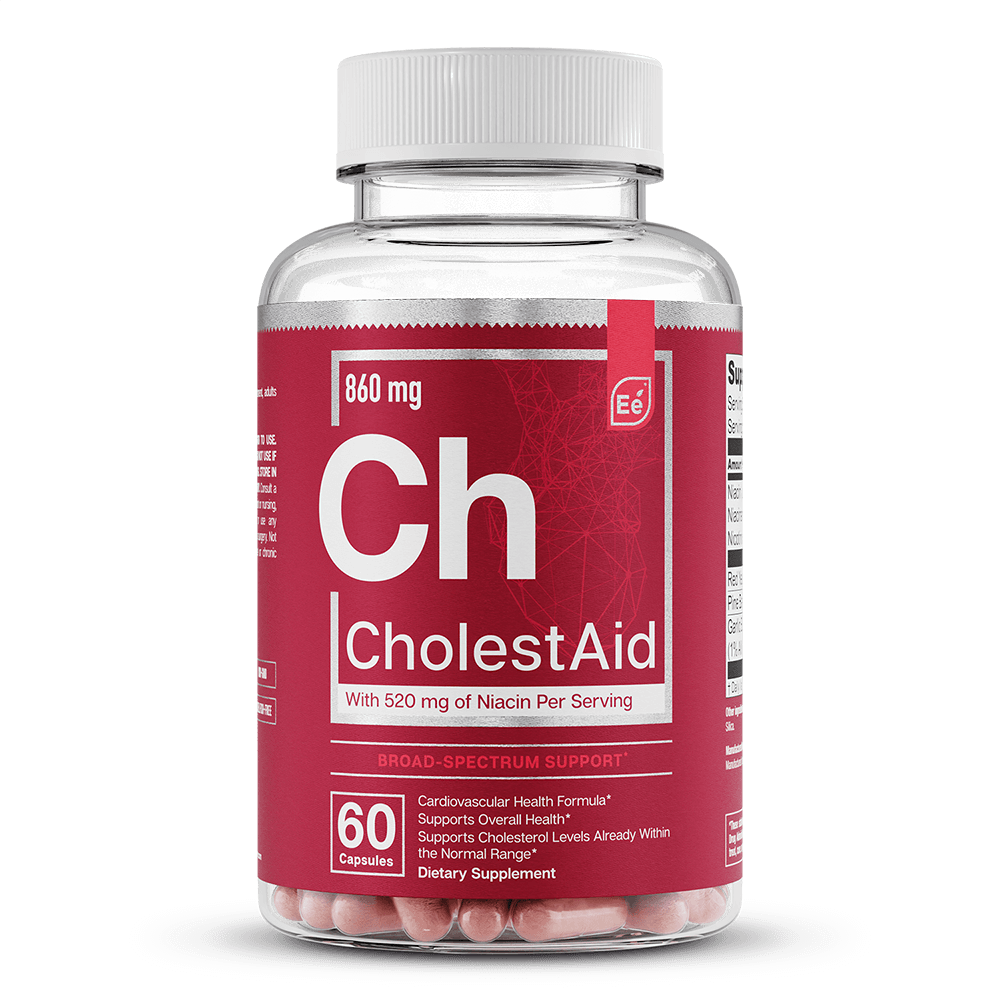The Effects of Hydration on Sports Performance
Sure, you’ve been told that hydration is important. This is nothing new; in fact, it’s one of those things you hear so much that it’s easy to forget how important it really is.
For instance, remember hearing that dehydration can cause death. Of course, that’s not a situation that most people will ever face. But it underscores the importance of keeping your body hydrated.
In most everyday situations, staying hydrated is important because it helps maintain a healthy body temperature, keeps your joints lubricated, and carries nutrients throughout your body. It can also promote sleep, keep you mentally sharp, support your mood, and help you maintain healthy organ function.
Whether we’re talking about sports performance or everyday life, hydration is a critical component of a healthy, well-functioning body.
Guidelines for Proper Hydration
So, how do you know how much hydration you need, what counts as hydration, and how can exercise play into your hydration efforts?
How much hydration is needed before exercise or a workout? This is where standard guidelines for hydration come into play. Have you heard of having eight 8-ounce glasses of water? This is a good rule of thumb, it’s not an exact science, but it’s a goal you can shoot for. But keep in mind, this is for people who aren’t exercising.

If you’re about to exercise, you’ll want to load up on water before your exercise. Experts suggest 17 to 20 ounces of water two to three hours before exercising. This helps lubricate your muscles for your workout, and it gives your body time to process the water. Then, to further support your workout, consider another eight ounces about half an hour before your workout or during your warm-up.
Hydration during exercise is set at another seven to ten ounces every 10-20 minutes, but this isn’t always practical or even possible. So, knowing how to hydrate properly before exercise becomes even more important in these situations. Consuming at least another eight ounces within a half-hour of completing your fitness routine is a great way to catch up.
So, the big question is, what should you drink before, during, and after your exercise? And how do you stay hydrated during exercise? Of course, we mentioned water, and that was the gold standard. You certainly don’t want to consume sugary drinks during fitness, but thankfully water isn’t our only option these days. In fact, Hydration is a great way to get the fuel your body needs. Why?
♦ Electrolytes! For water absorption.
♦ Buffered vitamin C to support digestion
♦ Apple cider vinegar has electrolytes without sugar and added calories
♦ Faster hydration effects
♦ Tastes great and refreshes

Signs and Impact of Dehydration
Don’t fall into the trap of thinking you don’t need to add hydration to your workout routine because you haven’t in the past. You might have actually been suffering the effects of dehydration without realizing it. Honestly! These are some of the symptoms of dehydration:
♦ Mild Thirst
♦ Common Dizziness
♦ Typical Dry mouth, lips, and eyes
♦ Feeling occasionally tired
♦ Urinating less frequently and with mild noted odor and color
♦ Occasional Vomiting
♦ Everyday Headaches
♦ Less sweat than normal or cessation of sweating
♦ Common Dry, itchy skin
♦ Everyday Muscle cramps
♦ Occasional rapid heartbeat
♦ Normal Confusion or foggy thinking
As if those weren’t reasons enough to prioritize hydration during exercise, dehydration during a workout can decrease your performance, speed up the effects of dehydration on your brain and body, and may cause further harm.
4 Benefits of Proper Hydration
Now that you know the basics, these are the benefits of being properly hydrated during your workout.
Focus. Lack of hydration can be linked to everyday fatigue and the occasional inability to focus.
Endurance. Hydration is a key player in an athlete’s endurance, but it's also been found that electrolytes, like those in Hydration, are essential to optimal fitness endurance.
Overall Performance. Hydration promotes performance by keeping your blood pumping, maximizing the benefits of sweat, maintaining a healthy heartbeat, and promoting the rate of muscle glycogen use for energy disbursement.
Reaction Times. Studies have tried to pinpoint why there seems to be such a drop in reaction time when athletes are dehydrated. It is hypothesized that a two-fold response comes from a lack of focus and a drop in performance
The Essential Elements
If you’re thinking about how to support your performance, adding Hydration to your pre-, during, and post-workout routine can be the one big step that changes everything.
Increasing your water consumption is definitely a must for healthy living. But, adding a product like Hydration that includes electrolytes without the added sugars that other products use gives you an even bigger advantage. It’s a tasty way to make your fitness efforts more productive, and what a winning solution that is!





